|
I walk a lot so I see many weeds. I became intrigued by their grit and resiliency. My curiosity opened up a whole new world to me. I even discovered that there are people in universities who study weeds and their properties. Seemingly innocuous and ingenious, weeds form a large part of our natural and urban landscapes. I’d like to broaden your knowledge of and appreciation for them. Weeds are plants that wind up in places they don’t belong, spread by forces of nature: wind, animals (hiding in fur and feathers), ocean currents and human activities. The modern shipping and airline industries gave weeds more efficient ways to travel from one place to another. Away from the predators and diseases that keep them in check in their places of origin, they become invasive and damage the natural balance of ecosystems. Expositions in the late 1800s were places where some plants, now invasive in the US, were showcased for the beauty of their lush foliage and exotic flowers. Their beauty belied their noxious even toxic traits. Kudzu is one of these mythic weeds. Bill Finch’s Smithsonian article puts kudzu history in the US in prospective: "The true story of kudzu, the vine that never truly ate the South: a naturalist cuts through the myths surrounding the invasive plant". https://www.smithsonianmag.com/science-nature/true-story-kudzu-vine-ate-south-180956325/ Weeds are tenacious and hardy but much misaligned. They can be exotic, invasive, benign and poisonous. Some have medicinal and culinary uses. They can be found flourishing in abandoned lots, sidewalk cracks, fields and farms and even in our curated gardens. Weeds have an ability to thrive with a bit of sun, small amounts of soil and space plus many are drought-resistant. Perhaps, one day, these strengths that lie in their genes will be harnessed. When you’re out walking, keep your eyes peeled. You’ll be astonished by the array of weeds that you’ll see. Here are photos of two local weeds. I found them thriving in an empty lot on Bloomfield Avenue. Pokeweed Princess Tree Below are some websites to help you widen your weed worldview. Cornell University has a weed garden news.cornell.edu/stories/2015/08/garden-offers-living-library-weeds-poisonous-plants Cornell’s Weed Science Program develops educational programs and conducts applied research in weed biology and management for growers of vegetables, grapes, turf, and ornamentals in the field, containers, and in the landscape. Check out the Weed Science Society of America which was founded in 1956. It is a non-profit professional society promoting research, education, and awareness of weeds in managed and natural ecosystems. https://wssa.net/ Find local weeds in the Rutgers Weed Gallery https://njaes.rutgers.edu/weeds/ There is a practical reason for familiarizing yourselves with weeds, too. Many are toxic to small children and pets. Google Lens app is option to help you ID weeds Another useful app is Picture This - Plant Identifier. The New Jersey Poison Control Center https://www.njpies.org/hotline/ The ASPCA website contains a list of toxic and non-toxic weeds and plants for dogs, cats and horses https://www.aspca.org/pet-care/animal-poison-control/toxic-and-non-toxic-plants/a And I discovered that there are Weed Warrior programs which use volunteers help control the growth of invasive weeds. One example, is in Montgomery, MD https://www.montgomeryparks.org/caring-for-our-parks/natural-spaces/weed-warriors/ I’ll end here on a more positive note. Who knows what benefits will be derived from weeds once their virtues ARE discovered. Bibliography 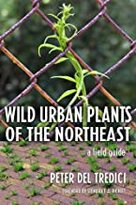 Del Tredici, Peter. Wild urban plants of the Northeast: a field guide. Ithaca, NY, Cornell University Press, 2010. 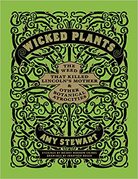 Stewart, Amy. Wicked plants: the weed that killed Lincoln's mother & other botanical atrocities. Chapel Hill, NC: Algonquin Books of Chapel Hill, 2009. 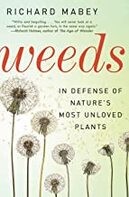 Mabey, Richard. Weeds: in defense of nature's most unloved plants. New York, HarperCollins, 2010. 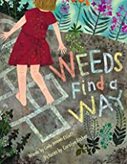 Jenson - Elliott, Cindy. Weeds find a way. New York, Beach Lane Books, 2014. 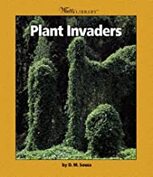 Souza, D.M. Plant invaders. New York, Franklin Watts, 2003. 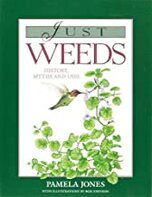 Jones, Pamela. Just weeds: history, myths, and uses. New York, Prentice Hall, 1981. 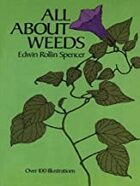 Rollin Spencer, Edwin. All about weeds. New York, Dover Publications, 1974.
1 Comment
Marie
9/26/2021 08:02:22 am
Very informative !
Reply
Your comment will be posted after it is approved.
Leave a Reply. |
Curiosity Corner writer & contributor:Helen Beckert, Reference Librarian at the Glen Ridge Public Library Archives
June 2023
Categories |
|
Glen Ridge Public Library
240 Ridgewood Avenue Glen Ridge, NJ 07028 Phone: 973-748-5482 Email: [email protected] © 2024 Glen Ridge Public Library Site last updated July 15, 2024 |
LIBRARY HOURS Monday 9 am - 8 pm Tuesday 9 am - 8 pm Wednesday 9 am - 8 pm Thursday 9 am - 5 pm Friday 9 am - 5 pm Saturday 9 am - 5 pm Sunday CLOSED |

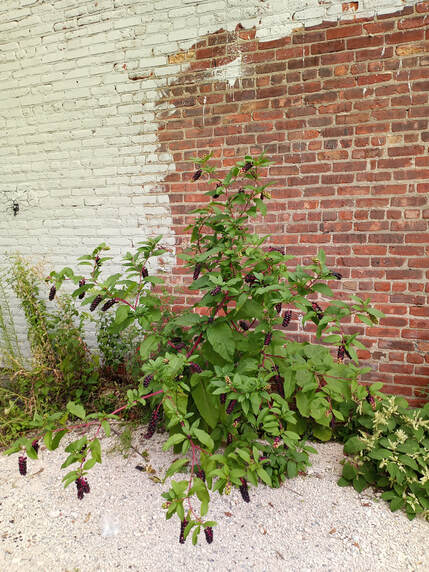
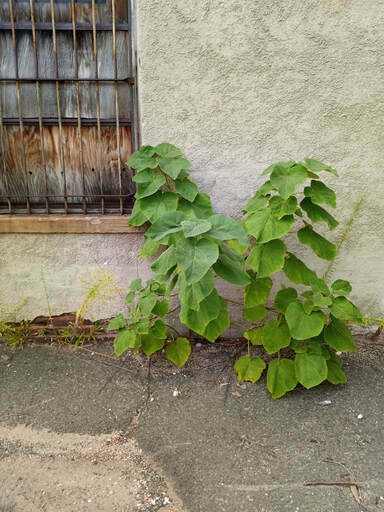
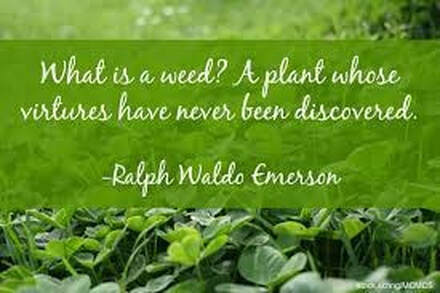
 RSS Feed
RSS Feed
